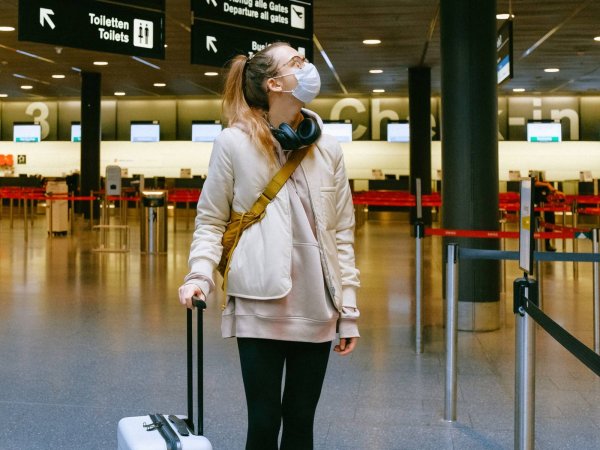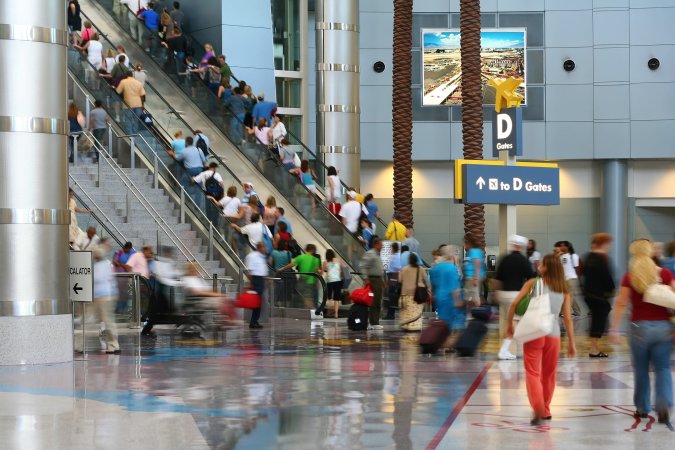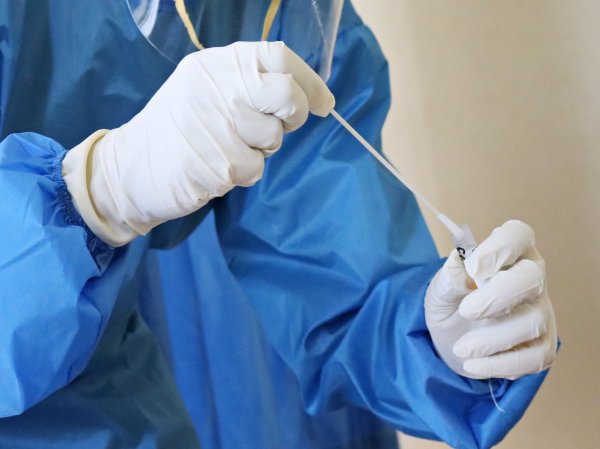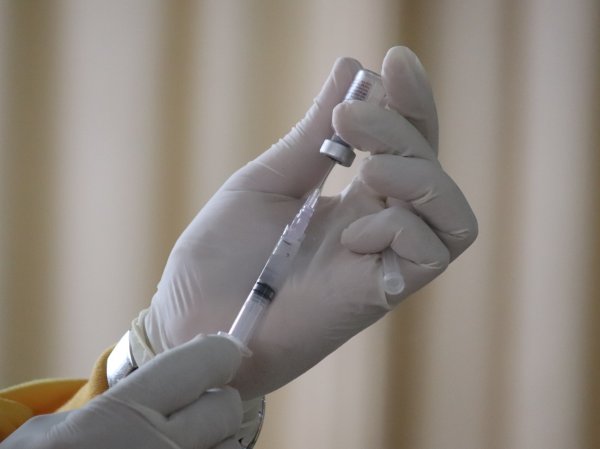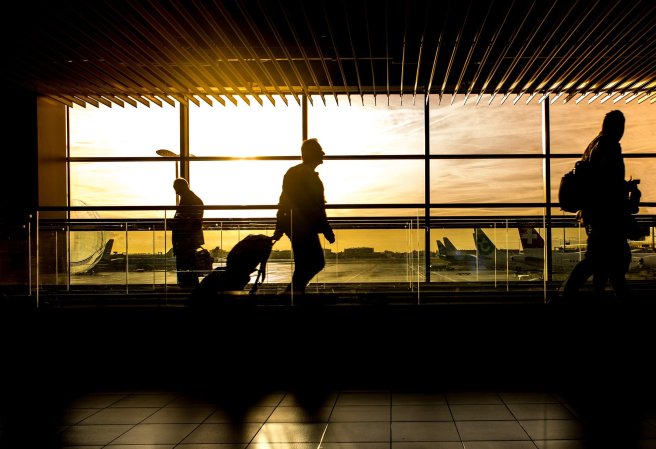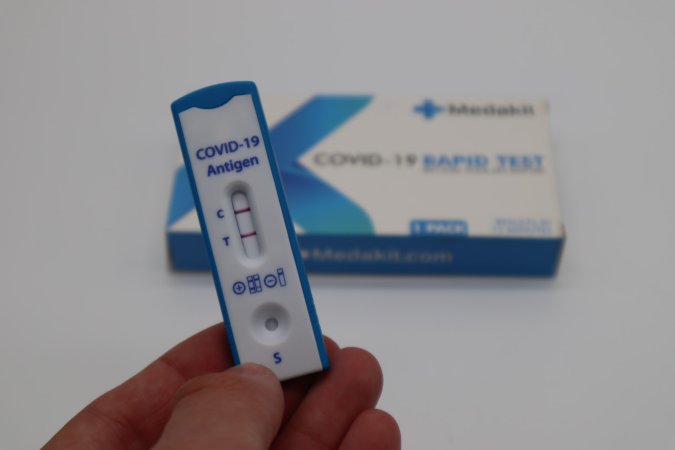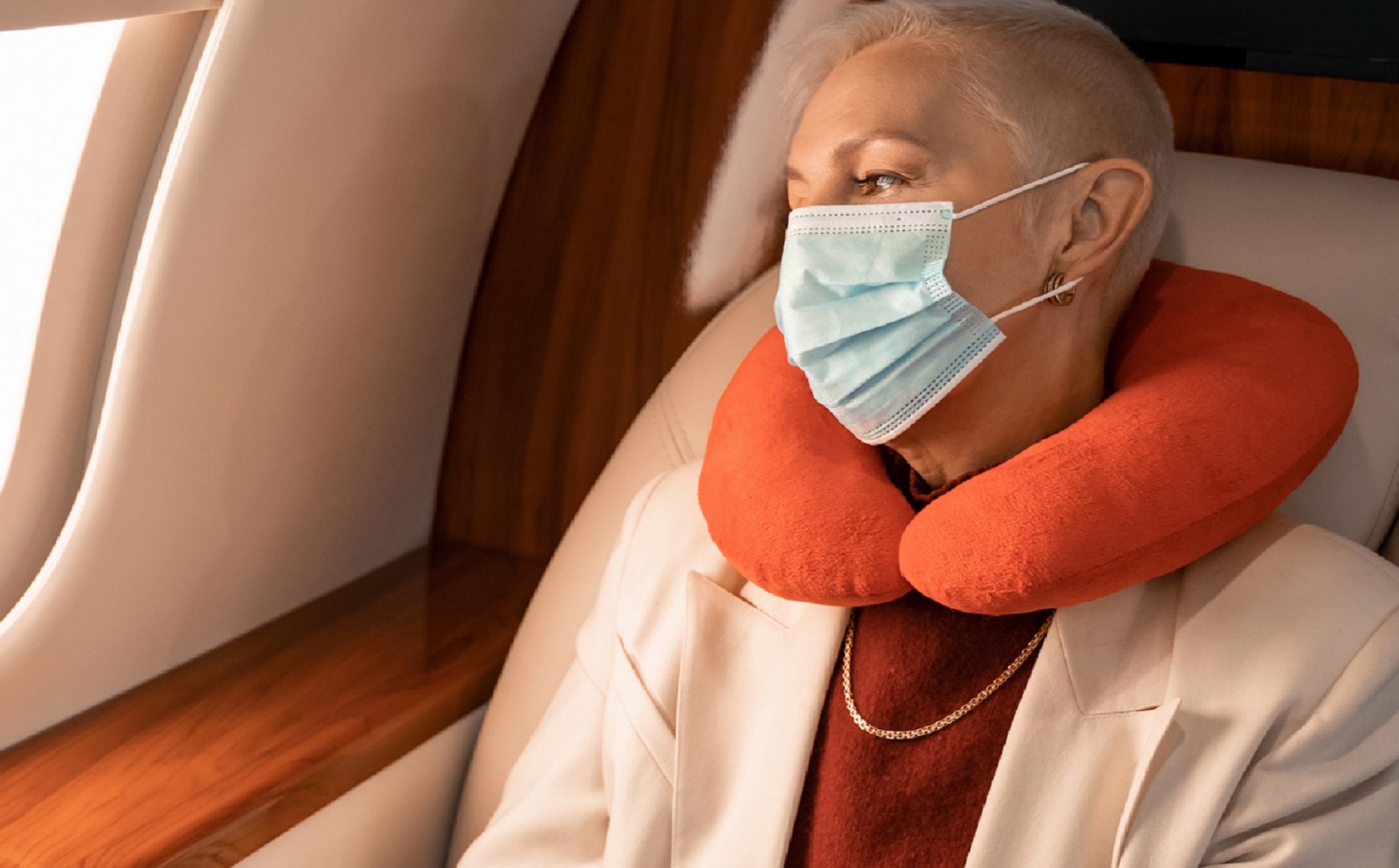

On Sunday, June 12th, the US government lifted all COVID-19 testing requirements for international travelers entering the country. The decision comes after the Centers for Disease Control and Prevention (CDC) reviewed new COVID-19 data and the availability of vaccines and treatments. However, the agency warns the restriction could return if a new variant drives infections up again, and will reassess the decision in 90 days.
“The COVID-19 pandemic has now shifted to a new phase, due to the widespread uptake of highly effective COVID-19 vaccines, the availability of effective therapeutics, and the accrual of high rates of vaccine- and infection-induced immunity at the population level in the United States. Each of these measures has contributed to lower risk of severe disease and death across the United States,” the CDC told CNN.
[Related: Your up-to-date guide on international travel during COVID-19]
The CDC amended its travel restrictions in December 2021 requiring US-bound travelers to show proof of a negative COVID PCR or antigen test at least one day before boarding an international flight. Those recently infected with the virus had to show proof of recovery no more than 90 days prior to their flight and a letter from a doctor that it’s safe to travel. The rule applied to all travelers 2 years and older regardless of vaccination status or American citizenship. But with increasing immunity from COVID vaccines and prior infections, people have voiced concerns the testing restrictions are outdated and may be doing more to harm the travel industry.
According to a report from the US Travel Association, the number of international travelers to the states declined by 36 percent in 2021 compared to 2019. “Prior to the pandemic, travel was one of our nation’s largest industry exports. The lifting of this requirement will enable the industry to lead the way toward a broader US economic and jobs recovery,” said Roger Dow, president and CEO of the US Travel Association in a statement to CNN.
Some public health experts also noted that the Biden administration’s decision was overdue. “I have long thought the testing requirement for travel to the US was not evidence-based or logical—and most other countries have abandoned this approach,” Eric Toner, a senior scholar with the Johns Hopkins Center for Health Security, noted to Bloomberg. Indeed, multiple nations like England, Ireland, and Costa Rica removed their pre-boarding testing requirements in early spring 2022.
[Related: How do we track COVID as people get tested less?]
However, there is some worry over how laxer travel protocols will affect high-risk groups, such as people with serious preexisting conditions, individuals suffering from long COVID, or children under 5 who are not currently eligible for a COVID-19 vaccine.
“Lifting COVID testing for international travel entirely negates that there remains a worldwide pandemic,” Meegan Zikus, a bioethicist at Grand Valley State University in Michigan who is immunocompromised herself, told The New York Times. “The world is exhausted by the pandemic. Trying to pretend that it is over is destructive, ignorant, and hurts those least able to protect themselves.”
The CDC continues to strongly recommend both domestic and foreign travelers take a COVID test before and after boarding a flight. Those who test positive should postpone their trip and follow the agency’s quarantine guidelines. Masks and boosters can also help prevent transmission of the virus in enclosed public spaces like planes.
